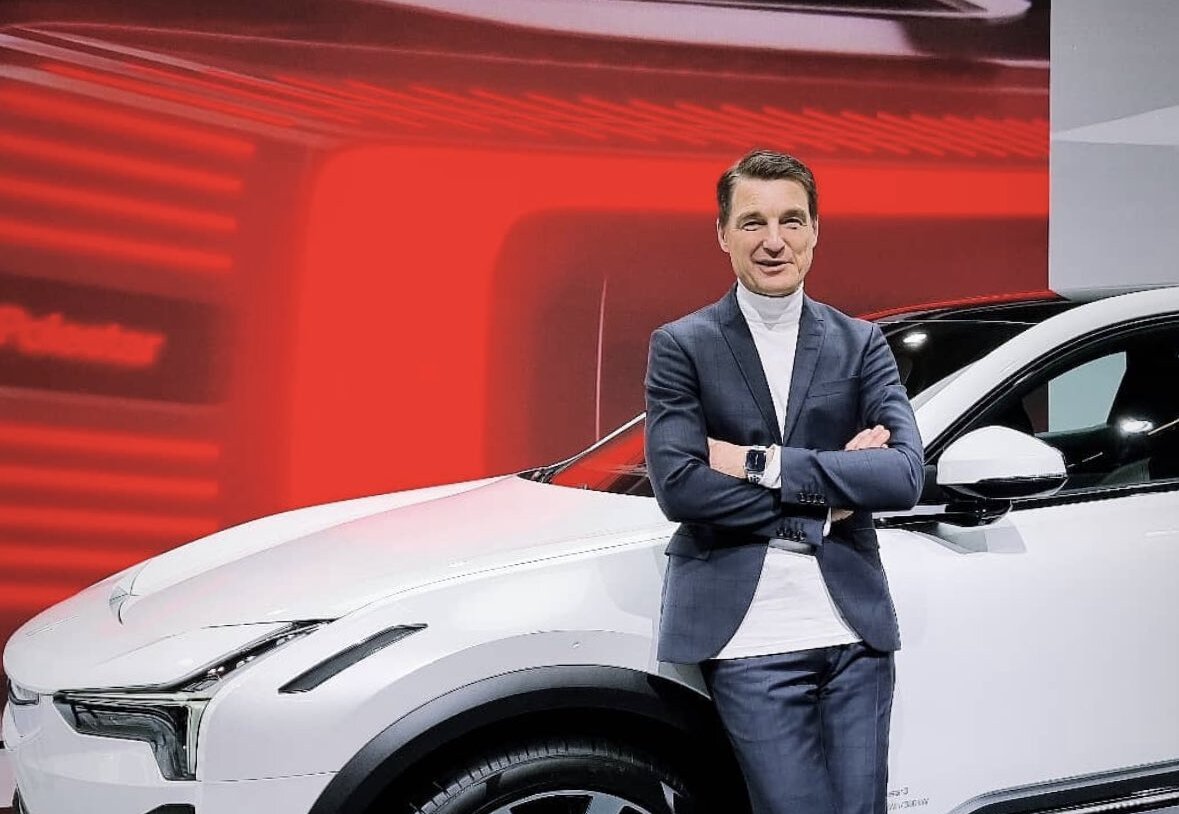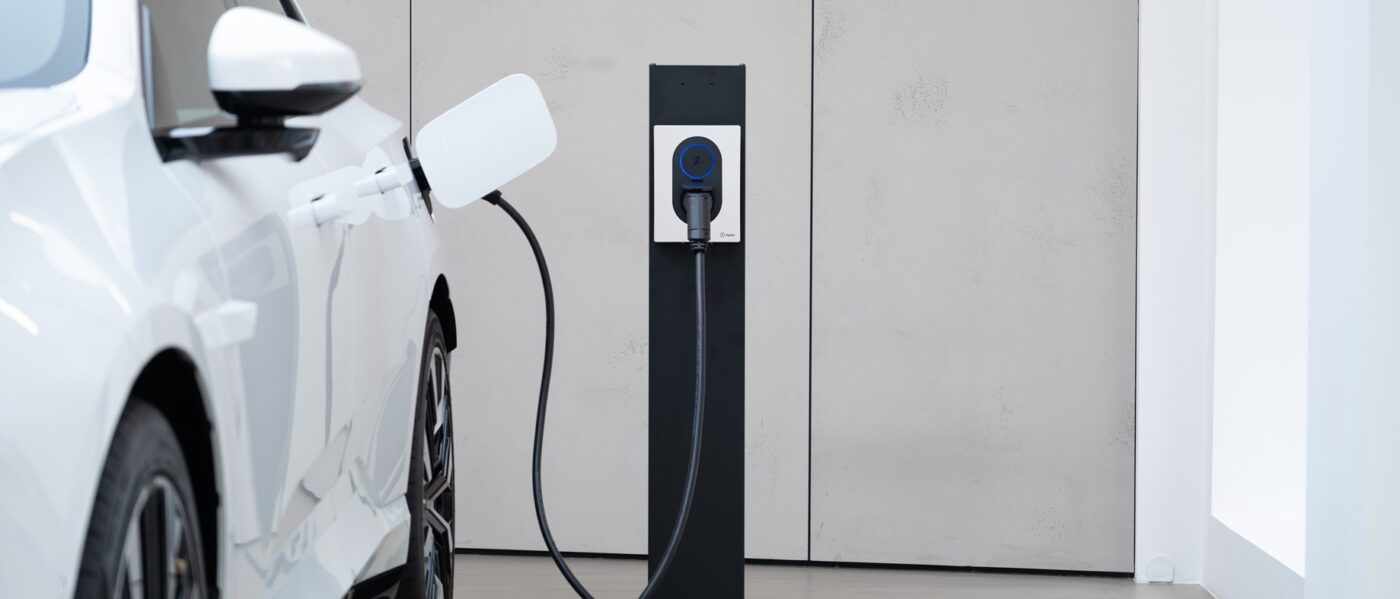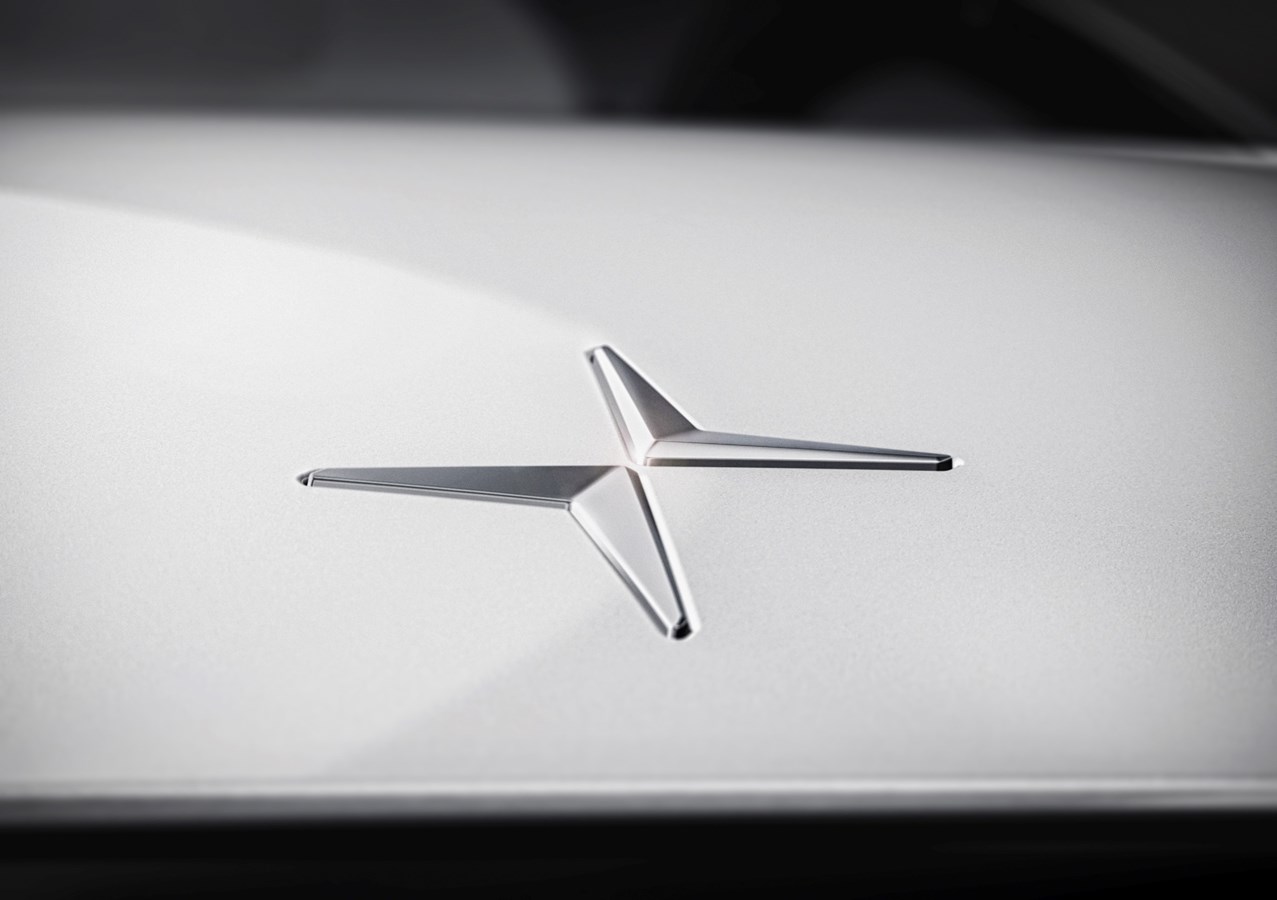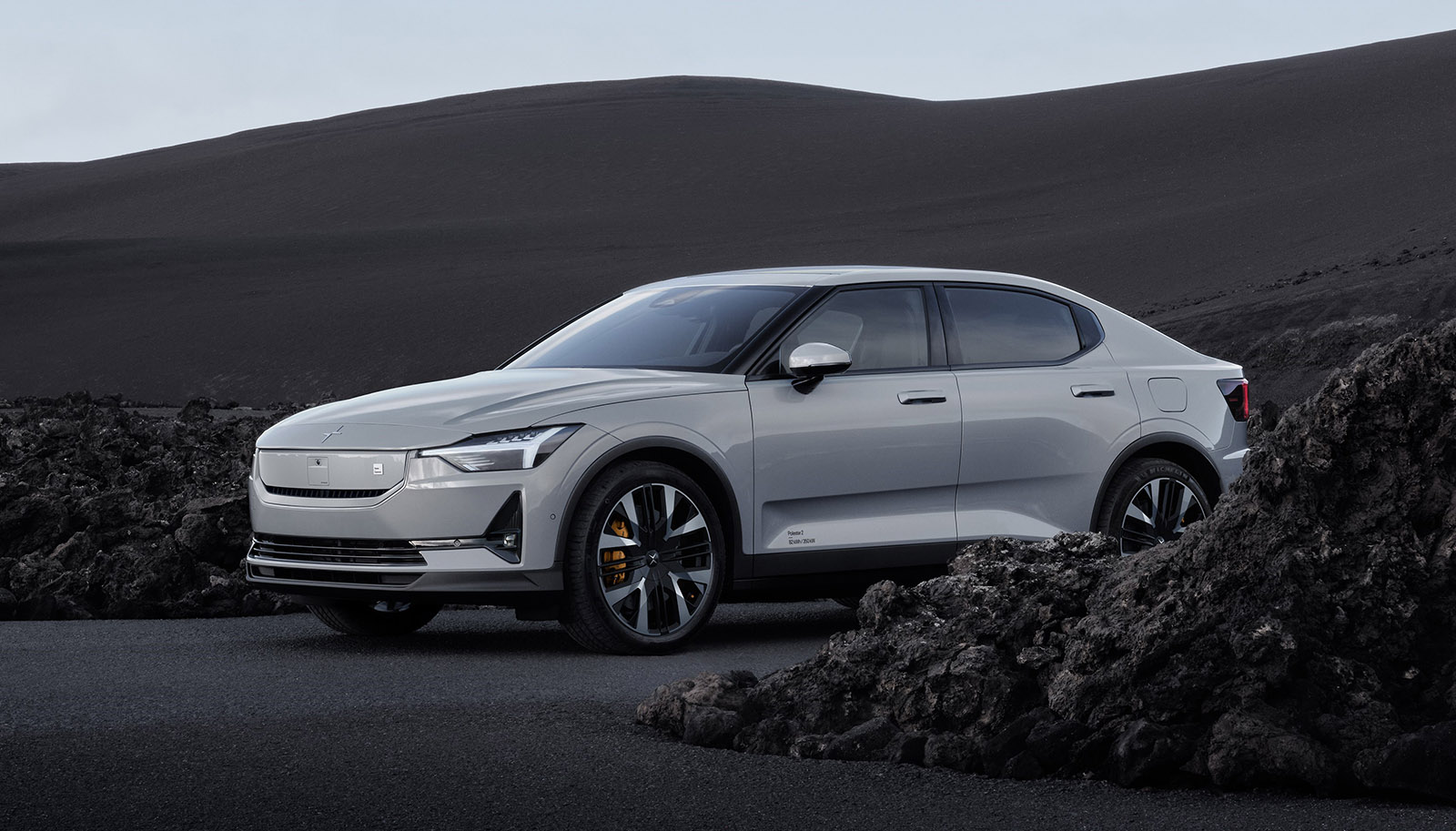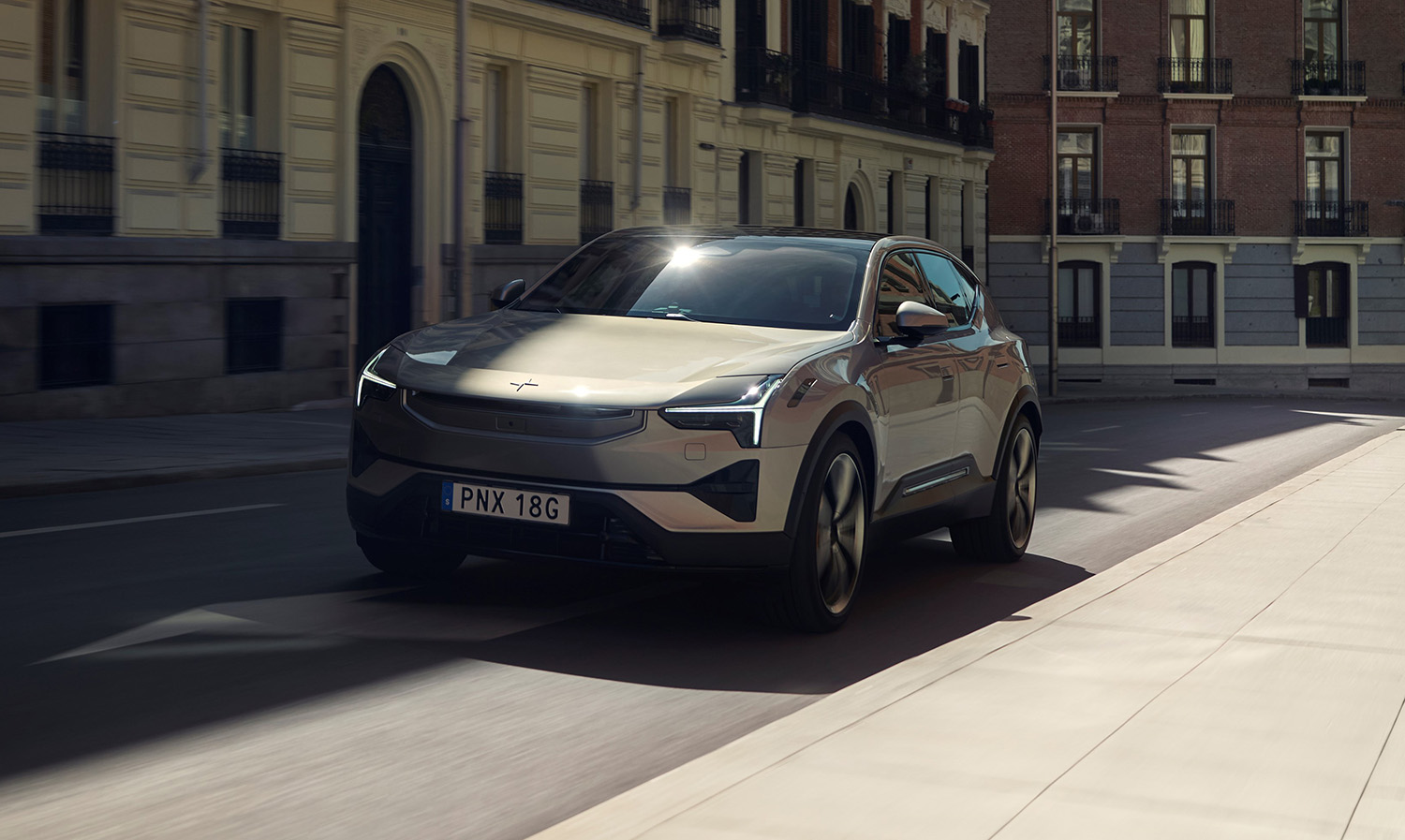Thomas Ingenlath, CEO of Polestar, expressed bewilderment over the Biden administration’s decision to significantly increase tariffs on Chinese electric vehicles (EVs), calling the move erratic.
The new tariff rate on EVs made in China and imported to the U.S. is set to jump to 102.5 percent, up from 27.5 percent. This increase also applies to raw materials like steel and aluminum from China, as well as microchips.
Ingenlath remarked, “There is a certain erraticness that comes with going from one day to the next to 100 percent tariffs.”
See also: Polestar and StoreDot Achieve Rapid EV Charging: 10 to 80 Percent in Just 10 Minutes
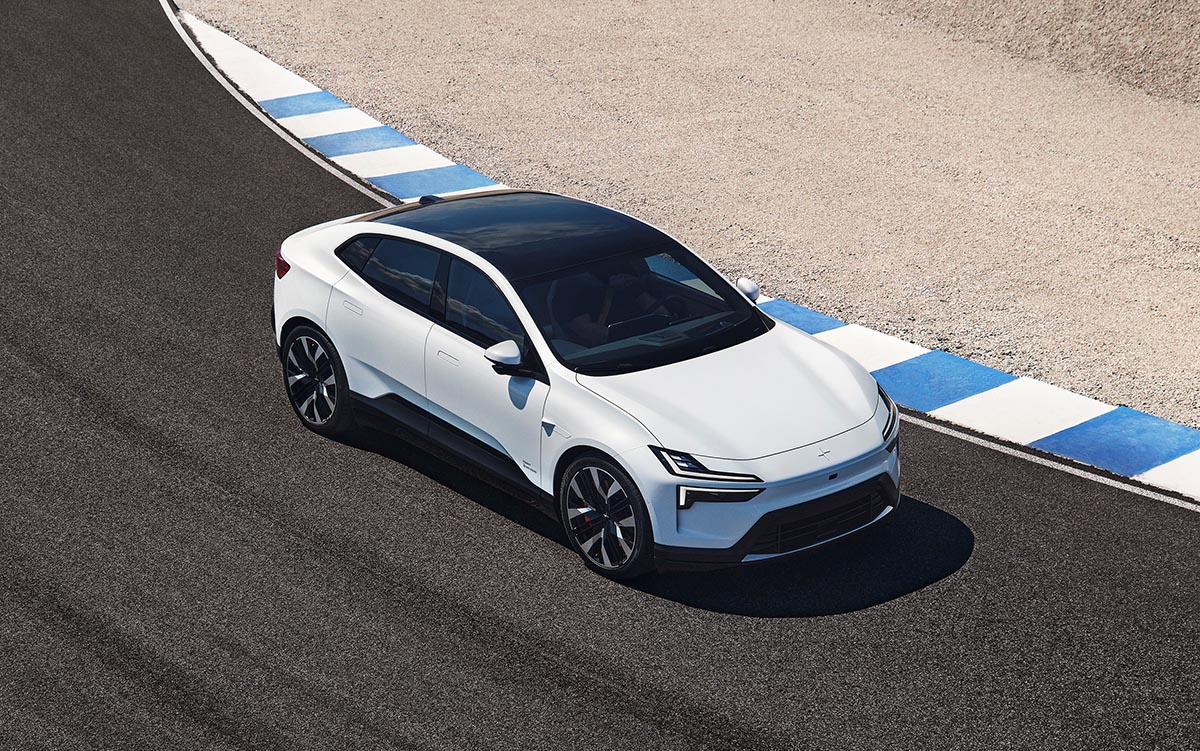
Acknowledging Polestar’s initial heavy reliance on China for production, Ingenlath explained that the company recognized this vulnerability early on and began efforts to globalize its manufacturing base three years ago.
To mitigate the impact of tariffs, Polestar will start production of its Polestar 3 SUV in Volvo’s U.S. factory near Charleston, South Carolina, beginning this summer. Additionally, the Polestar 4 will be manufactured by Renault Korea Motors in Busan, South Korea, starting mid-2025, primarily for the North American market.
See also: Polestar Achieves 9% Reduction in Greenhouse Gas Emissions Per Car Sold in 2023
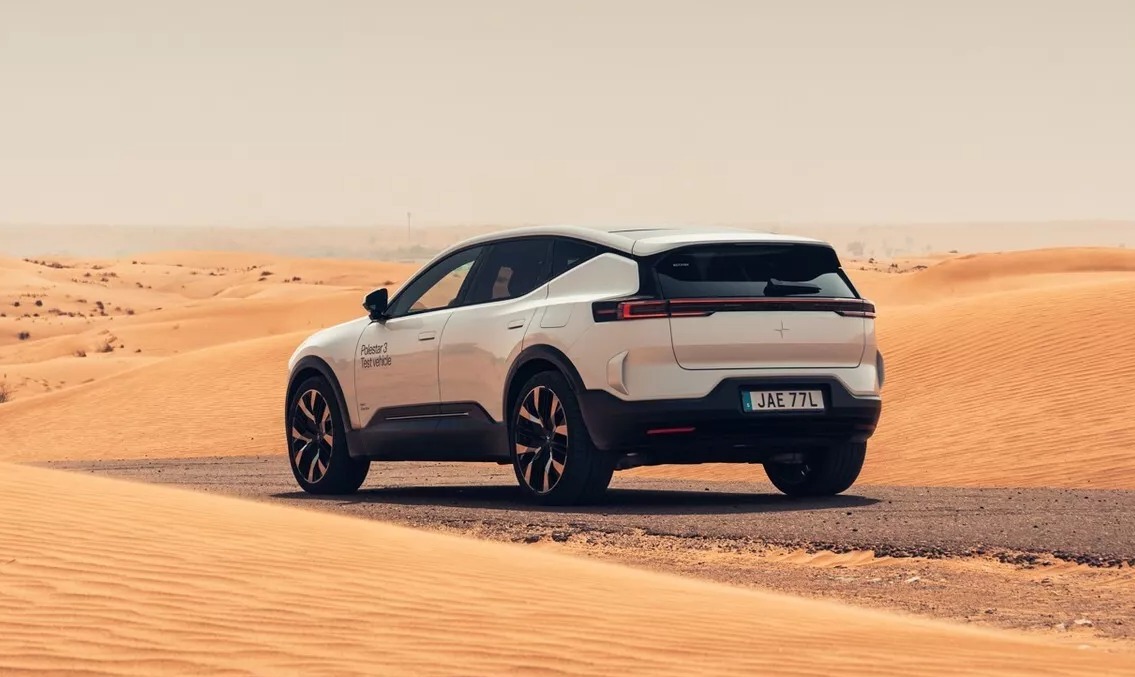
Ingenlath believes this diversified production footprint will help Polestar hedge against U.S. tariffs on Chinese-made products and potential Chinese retaliatory tariffs on U.S.-made cars. It also aims to protect against potential tariff-rate increases by the European Union on China-made EVs imported into the EU.
Regarding free trade challenges, Ingenlath emphasized the importance of fair trade practices, highlighting that almost half of the Polestar 3s made in the U.S. will be exported.
See also: Polestar Introduces Phone Tailored for Seamless Connectivity with its EVs
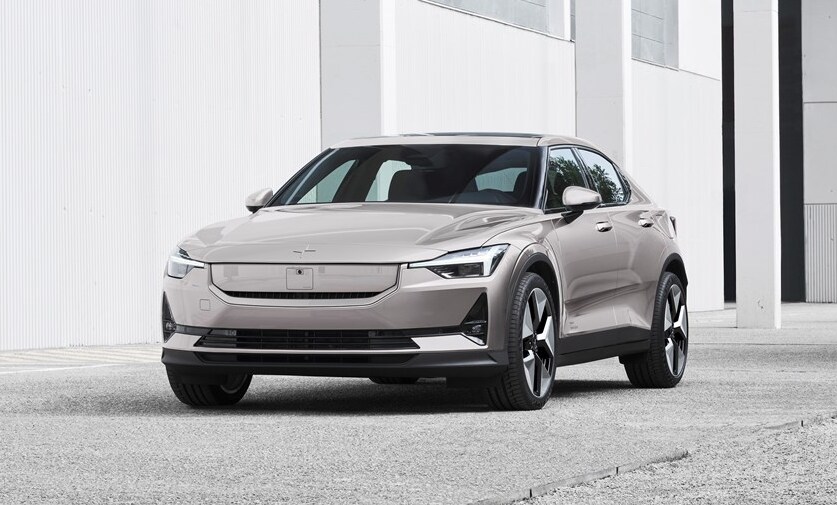
While Ingenlath expressed interest in adding production capacity in Europe, he noted that it would take time, possibly not until the arrival of the Polestar 7 around 2027, due to the lengthy preparation process required for a new product on line.
In a video statement posted on the Polestar website, Ingenlath addressed the deficiency notice received from the Nasdaq stock exchange for failing to file its first-quarter earnings and 2023 annual report on time. He assured that the errors predominantly predate the company’s Nasdaq listing and are expected to have a minor impact on financial results. Polestar aims to publish both reports by the end of June.

